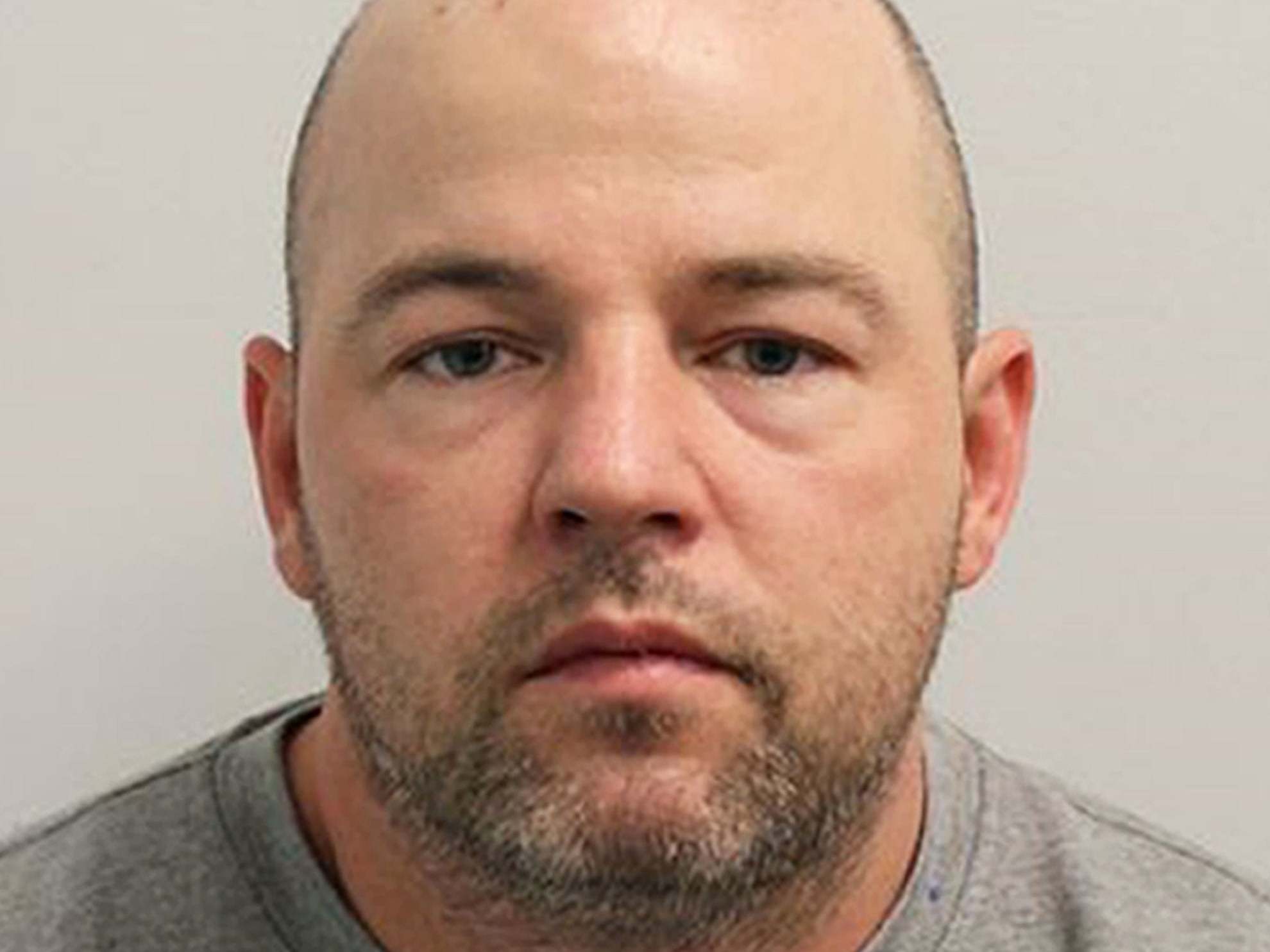Probation officers ‘failing to investigate if dangerous offenders released from prison are lying’
Warning issued after London Bridge attack and Joseph McCann rapes committed by offenders being monitored

Your support helps us to tell the story
From reproductive rights to climate change to Big Tech, The Independent is on the ground when the story is developing. Whether it's investigating the financials of Elon Musk's pro-Trump PAC or producing our latest documentary, 'The A Word', which shines a light on the American women fighting for reproductive rights, we know how important it is to parse out the facts from the messaging.
At such a critical moment in US history, we need reporters on the ground. Your donation allows us to keep sending journalists to speak to both sides of the story.
The Independent is trusted by Americans across the entire political spectrum. And unlike many other quality news outlets, we choose not to lock Americans out of our reporting and analysis with paywalls. We believe quality journalism should be available to everyone, paid for by those who can afford it.
Your support makes all the difference.Probation officers are failing to investigate whether dangerous offenders are lying about the risk they pose, a watchdog has said.
HM Inspectorate of Probation found that newly qualified staff were being left to supervise violent criminals and sex offenders after their release from prison – and lack the “professional curiosity” needed to protect the public.
The warning comes after the London Bridge attack was launched by a terrorist convict who was supposedly being monitored by the National Probation Service (NPS).
Its staff are supposed to supervise released prisoners and ensure they do not break licence conditions, commit further crimes or become a threat.
Chief inspector Justin Russell said there was a risk of harm to the public if officers could not detect “false compliance” by convicts.
“We need staff to demonstrate a more inquisitive approach rather than taking what they’ve said on face value,” he said.
“Rather than asking ‘has anything changed since I saw you last?’ they need to take a more proactive approach to investigating what’s going on behind the scenes.”
The watchdog said it found a “lack of professional curiosity” in each of the seven NPS divisions it inspected across England and Wales.
Overall, five were rated as good and two – London and the South East and Eastern division – required improvement.
The London Bridge attacker was being monitored by the Midlands division of the NPS when he stabbed two people to death on 30 November.
Usman Khan, who was previously jailed over a terror plot, is believed to have complied with deradicalisation courses before his release and his attack prompted warnings that extremists were duping officials.
Further fears were raised by the case of serial rapist Joseph McCann, who had already reoffended while on licence and “pulled the wool over the eyes of his supervising officers”, according to a judge.
Weeks after he was released from prison on licence, he started a rampage of rape and kidnapping against 11 victims aged between 11 and 71.
Asked whether Britain was likely to see another similar case, Mr Russell replied: “If you are supervising 106,000 high risk people, these things are going to happen and the NPS is doing as much as it can to reduce that risk.”
The chief inspector said the “horrible case” was an example of broader failings in the NPS.

He added: “It emphasises how important it is that probation gets risk management right, and that probation officers are properly supervised and are checking what has been done with regards to police and social services.”
Like other criminals who commit further serious offences, the handling of McCann will be reviewed but the report will not automatically be made public.
Mr Russell said there was a “need for discussion” around publishing the document as a matter of course, adding: “I think there’s a strong argument to say there is a public interest in publishing the McCann review.”
But he also warned that the recommendations made after other cases had not always been followed, amid a lack of communication with frontline staff.
Overall, the inspection found that the NPS was “hampered by staff shortages, stretched middle managers and poor facilities”.
At the time the report was written in June, there were 615 probation officer vacancies across England and Wales, but by Tuesday the figure had risen to 653.
The average caseload of probation officers interviewed in the inspection was 39, while for liaison officers the figure stood at 215.
“The nature of these cases means that is obviously a concern,” Mr Russell said. “The problem is especially acute in London and the South East.”
Specialist teams that supervise terrorism offenders like Khan work with counterterror police and have smaller caseloads.
The report said that none of the seven NPS divisions has been fully staffed since a controversial overhaul of the system overseen by Chris Grayling in 2014.
They were created when the government part-privatised probation by handing the supervision of lower-risk offenders to firms called Community Rehabilitation Companies (CRCs) and leaving medium and high-risk criminals with the NPS.
The government announced that it was undoing the disastrous reforms, which were blamed for putting the public at risk, last year and the NPS will take over the supervision of all offenders from 2021.
Mr Russell warned that although CRC staff would be brought in, the change could increase demand.
“As the government recruits 20,000 police officers, that will also feed more business into the system and you will need more probation officers to deal with that,” he added.
“Staff are under pressure and this could compromise their ability to build effective working relationships with people under supervision and to manage all cases to a consistently high standard.”
Mr Russell urged HM Prisons and Probation Service to increase staffing urgently, reduce workloads and improve the supervision of probation officers.
He said 70 per cent of NPS staff are currently white female and called for the recruitment of more male, Bame and older probation officers to better reflect the offenders they are supervising.
The report also called for the Ministry of Justice to improve contracts with maintenance firms after broken heating, poor plumbing, rat infestations and other issues forced offices and probation hostels to be closed.
Justice minister, Lucy Frazer, said: “We know that probation is not getting enough of the basics right – that’s why we are bringing all offender management back under the National Probation Service, which the independent inspectorate says is good at protecting the public.
“It is also clear that the workload is simply too high for many probation officers and the 800 new officers currently training to join the NPS will make a real difference.
“I am reassured that the chief inspector shares my confidence in the vision and leadership of the National Probation Service – which will be essential to delivering these reforms.”
Join our commenting forum
Join thought-provoking conversations, follow other Independent readers and see their replies
Comments